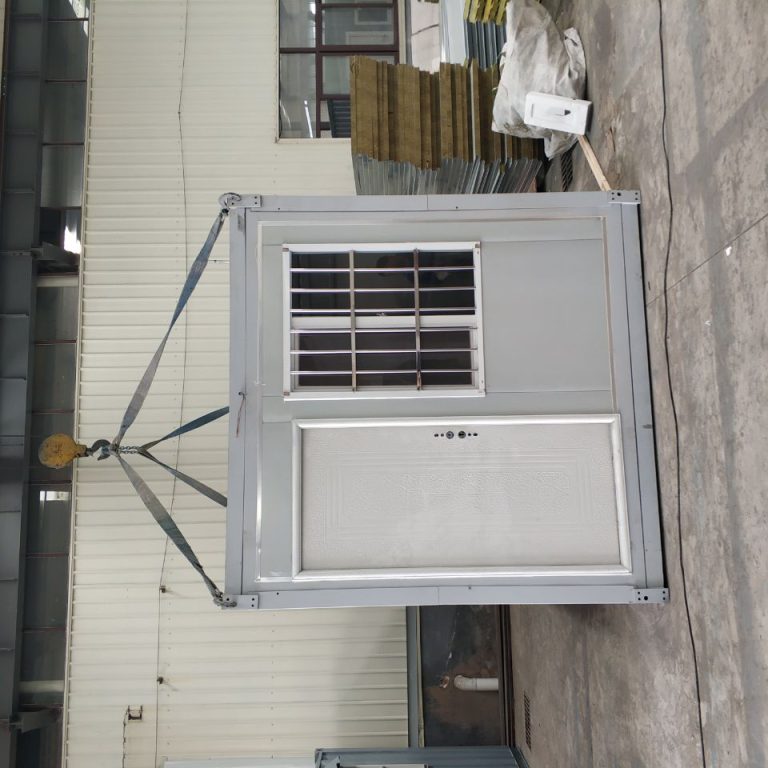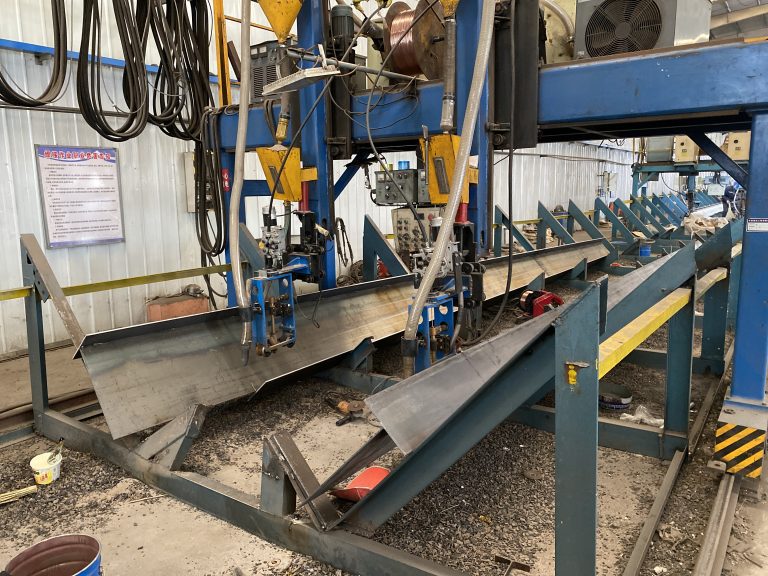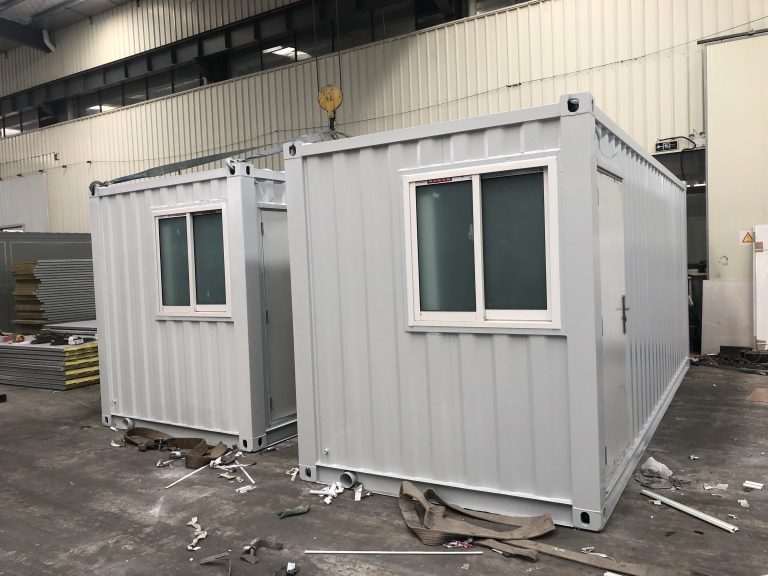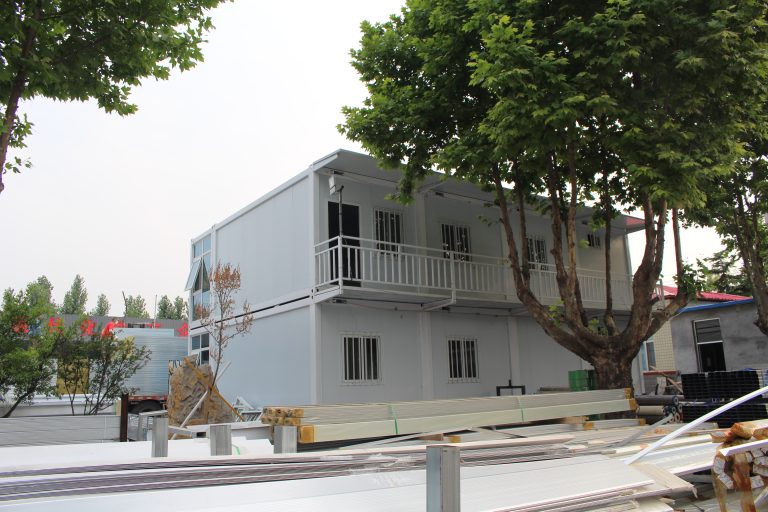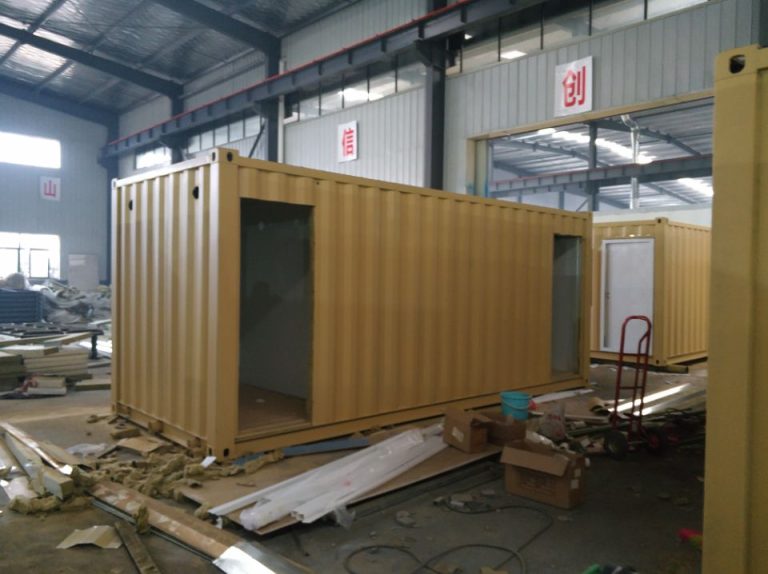The utility and value of light panels in the psychology and ergonomics of the built environment.
Benefits of Light Panels in Enhancing Psychological Well-being
Light panels have become an increasingly popular feature in modern architecture and interior design, not only for their aesthetic appeal but also for their numerous benefits in enhancing psychological well-being. These innovative lighting solutions have been shown to have a positive impact on mood, productivity, and overall mental health in various settings, including homes, offices, and healthcare facilities.
One of the key advantages of light panels is their ability to mimic natural light, which has been proven to have a significant influence on our circadian rhythms and overall well-being. By providing a source of light that closely resembles sunlight, light panels can help regulate our sleep-wake cycle, improve our mood, and boost our energy levels throughout the day. This is particularly beneficial in environments where access to natural light is limited, such as windowless offices or underground spaces.
In addition to their ability to simulate natural light, light panels also offer a high degree of flexibility and customization, allowing users to adjust the color temperature and intensity of the light to suit their preferences and needs. This level of control can have a profound impact on our psychological state, as different lighting conditions can evoke different emotions and responses. For example, warm, soft lighting can create a cozy and inviting atmosphere, while cool, bright lighting can promote alertness and focus.
Furthermore, light panels can be used to create dynamic lighting effects that can enhance the aesthetic appeal of a space and create a sense of movement and vitality. By incorporating features such as color-changing LEDs or programmable lighting sequences, designers can create visually stimulating environments that engage the senses and evoke positive emotions. This can be particularly beneficial in healthcare settings, where patients may benefit from a distraction from their surroundings and a sense of calm and comfort.
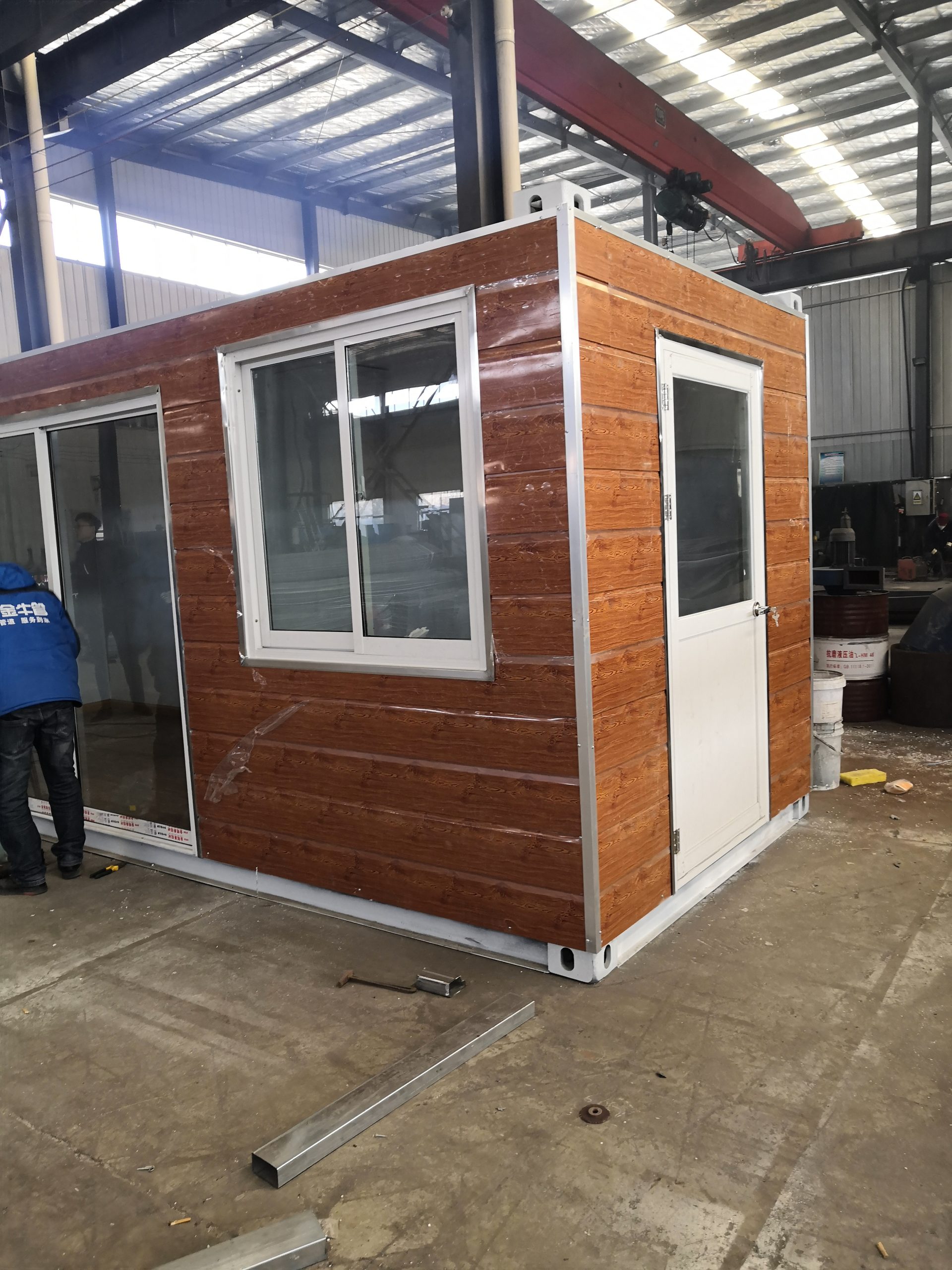
Another important aspect of light panels is their role in promoting ergonomics and comfort in the built environment. Proper lighting is essential for reducing eye strain, headaches, and fatigue, especially in workspaces where individuals may spend long hours in front of a computer screen. By providing even, glare-free illumination, light panels can help create a more comfortable and productive work environment that supports the health and well-being of employees.
In conclusion, light panels are a versatile and effective lighting solution that can have a significant impact on the psychology and ergonomics of the built environment. By simulating natural light, offering customization options, and creating dynamic lighting effects, light panels can enhance our mood, productivity, and overall well-being in various settings. Whether used in homes, offices, or healthcare facilities, light panels have the potential to transform our surroundings and improve our quality of life.

